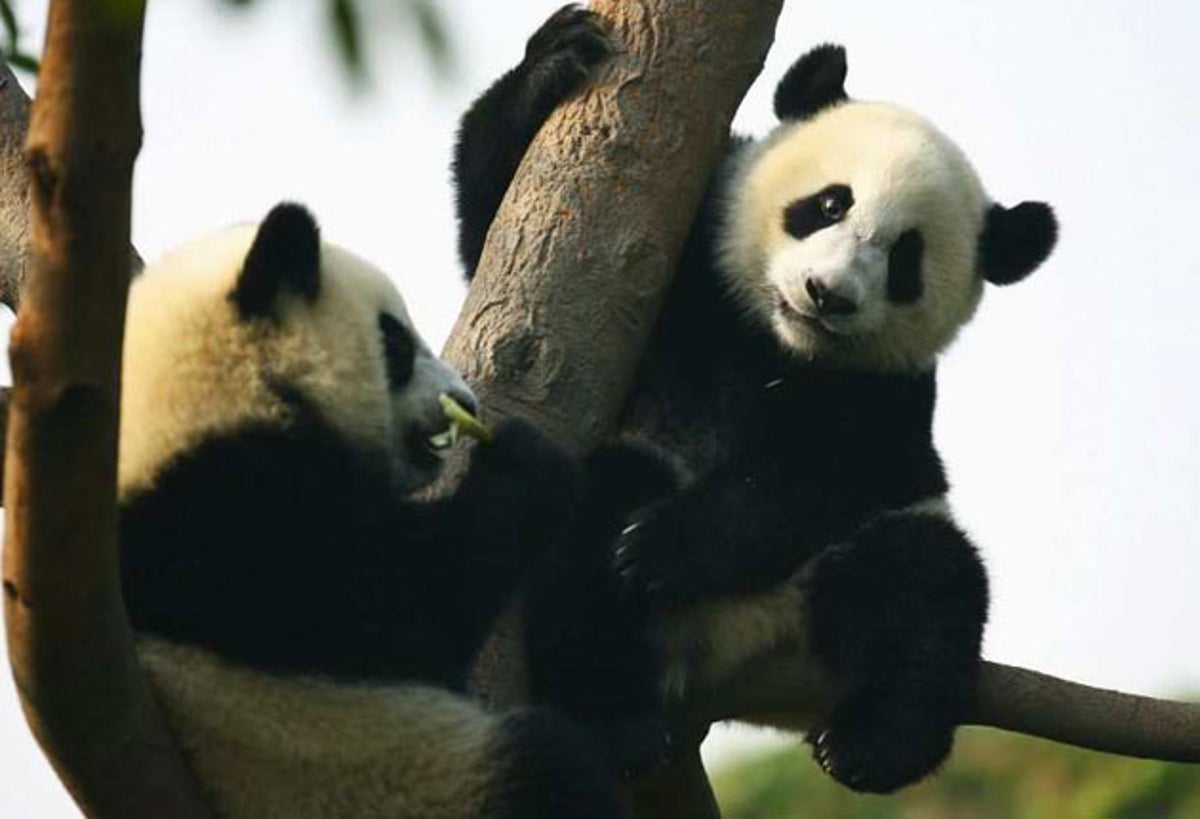
A US billionaire has announced his plans to bring pandas over from China to New York as a way to “exchange culture” with China.
John Catsimatidis, 75, is the billionaire founder of Gristedes Food and owner of the WABC radio station that has had a years-long dream to bring the animals to New York City and house them in a zoo or pavilion.
He announced in a press conference this week, posted on his radio station’s YouTube channel, that he plans to reinvigorate this dream.
What he did not mention, however, is that only earlier this month, pandas were sent back to China from a Washington zoo after there were no discussions to extend their loan to the country.
Despite this, Mr Catsimatidis was hopeful that his potential panda plan would bring 10 million tourists to New York City.
“New York is the capital of the world, it is stumbling right now, and it needs some help,” Mr Catsimatidis told reporters, believing the solution would be to house a pair of pandas in the city.
The panda-loving billionaire did not have a clear timeline for his plan but said he has been talking to Chinese ambassadors and Eric Adams, the New York City mayor, about the cultural exchange.
When one reporter asked if Mr Adams was on board with the idea, Mr Catsimatidis replied, “Mayor Adams wants was good for New York.”
Mr Catsimatidis hopes that bringing more pandas over will help “promote culture”— (Getty Images)
The billionaire tried to get his plan off the ground around 2016, hoping for a place in Central Park, but he said there was a lot of opposition at the time, including from former New York mayor Bill de Blasio.
Mr Catsimatidis admitted that he did not know when the pandas could arrive or where they would stay but said he would love them to be in a New York City park zoo and could come over for the 250th anniversary of the United States of America in 2026.
But why does this billionaire feel that it is so important to bring pandas to New York? He said he believes that a stronger relationship between China and the US could be championed by the exchange of the cuddly creatures.
In fact, this is not the first time ‘Panda Diplomacy’ has been used to strengthen the bond between China and the US, as China has loaned their bears to US zoos to ease tensions between politicians.
One such instance was in 1972 when former president Richard Nixon visited China; with the trip going so well, he returned with two giant pandas gifted by Chairman Mao Zedong’s government.
Yet in the recent past, relations between the US and China have increasingly become hazier after a suspected Chinese spy balloon was shot down by a missile after it was seen floating across US states, an act which ruptured diplomacy between the nations.
The waning relationship, whether coincidently or consequently, saw China recalling their culturally iconic pandas from the country and around the world, with three giant pandas reported to have been recently shipped out of the National Zoo in Washington on 8 November.
The zoo said that their loan was due to expire in 2024, and there has been no dissection to extend it as it has been in the past.
Despite the crumbling panda and political diplomacy, Mr Catsimatidis seemed confident in his plans that he can bolster panda conservation in the US, even referencing US President Joe Biden and Chinese President Xi Jinping meeting two weeks ago to talk about global affairs and their nations’ relationship.
Mr Catsimatidis wants to get in on the action by rejuvenating panda diplomacy.
“We want to create even more better will,” he said.
Animal diplomacy has worked well in the past, melting the hearts of hard-edged diplomats; even elephants, komodo dragons, and koalas have been at the centre of international exchanges, but only time will tell if Mr Catsimatidis’ plan will help Mr Biden’s relations efforts.







